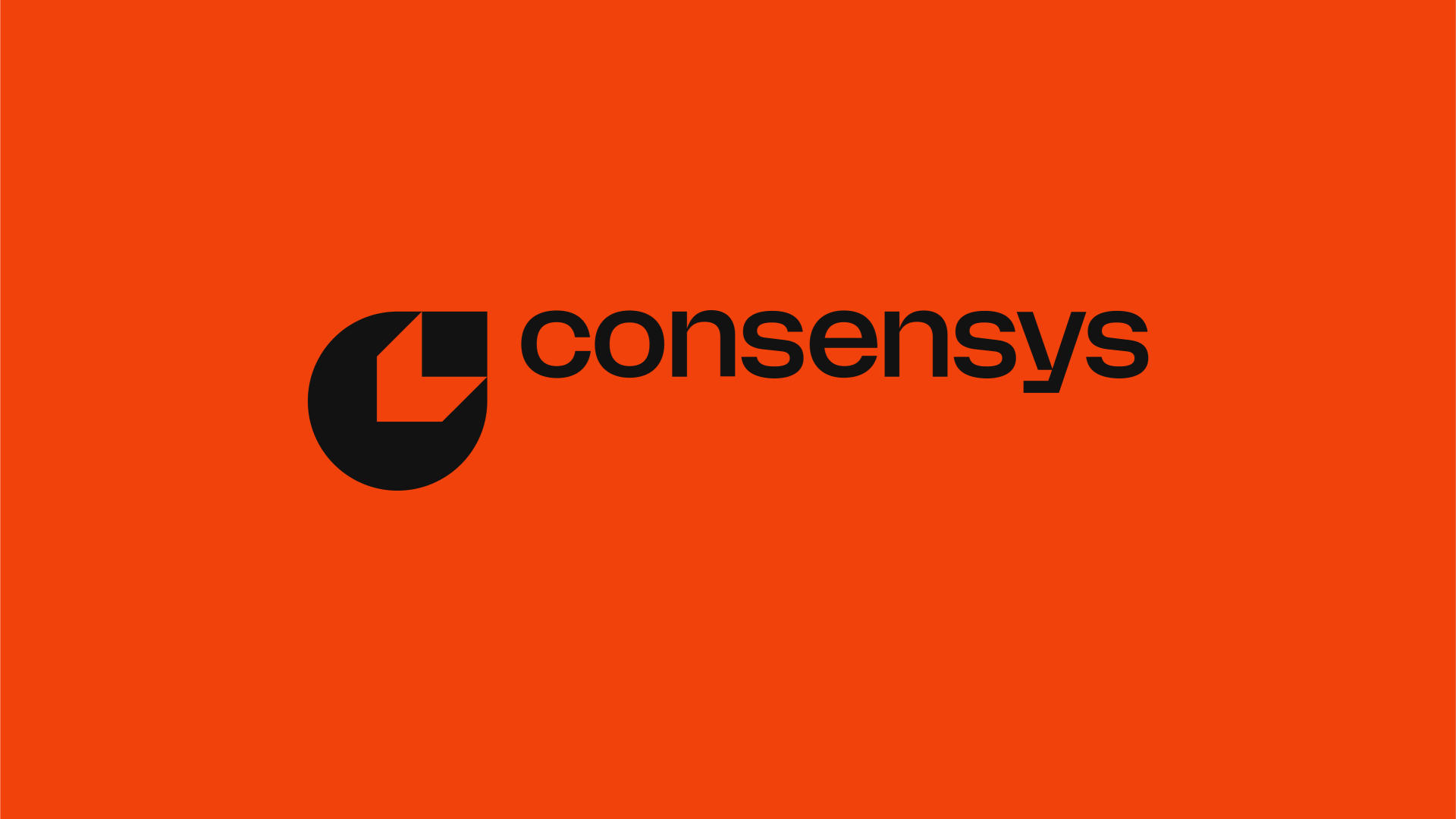Re: Docket No. CFPB-2023-0053, RIN 3170-AB17, “Defining Larger Participants of a Market for General-Use Digital Consumer Payment Applications
Dear Deputy Assistant Director Young:
Consensys Software Inc. (“Consensys”) is writing to comment on the Consumer Financial Protection Bureaus (“CFPB”) proposed rule to define a market for general-use digital consumer payment applications. We believe that thoughtful, well-tailored regulations are essential for an innovative and thriving economy, and that the public notice and comment process is crucial to achieving such regulations in the United States. We especially believe that productive engagement between government policymakers and industry is required in the context of
blockchain technology to ensure that the United States adopts a regulatory approach that mitigates risks to consumers and broader markets while not meaningfully undermining the present and future utility of the underlying technology itself.
Our comment is relatively straightforward: although the NPRM does not suggest that self-hosted wallet software be supervised by the CFPB, it is important to avoid any doubt among market participants or future regulators and policymakers as to the scope of this rule. Any finalized rule should explicitly state that self-hosted wallets are not implicated.
Overview of Consensys
Consensys is a leading software company building tools and services primarily on the Ethereum network, which is the largest programmable blockchain in the world. In general, Consensys provides software tools for builders to create and deploy software applications on the Ethereum and other similar computational networks, and for users to interact with these applications and thereby create new social and economic networks in cyberspace. Its software suite includes, among other products, MetaMask, the leading self-custodial wallet for over 100 million users annually, Infura, a platform for web3 development, and Linea, a Layer 2 protocol for aggregating transactions using Ethereum functionality with high throughput, low gas fees, and the security of Ethereum settlement. In addition to those offerings, Consensys Diligence is a smart contract security auditing service that is widely used to ensure new smart contract-based protocols are technically sound and secure. Consensys Staking helps users engage in staking transactions while eliminating risk, complexity, and reliance on third parties.
Consensys NFT works with creators across the web3 ecosystem and more traditional markets to help build, promote, and manage digital collectible projects.
Consensys is not an exchange and is not the issuer of a blockchain token. It is very much on the technology side of the blockchain ecosystem as opposed to the investment side of the ecosystem, the latter of which has captured the majority of the public’s and policymakers’ attention.2 Consensys’s product offerings and initiatives in the digital asset ecosystem are designed to bolster technological development in and use of blockchainprotocols. Consistent with that overarching goal, we believe it is critical to the U.S.’s participation in blockchain technology development and the computer networks, applications and tokenized ecosystems that are being created, that federal law and regulations pertaining to digital assets do not unduly burden Americans from participating in this space or otherwise encourage the technology to move offshore. We regularly submit comments in response to notices of proposed rulemakings where we feel that our perspective may be of some assistance to the rulemaking agency as they consider either a blockchain-specific issue or some issue that may have some intended or unintended impacts on the blockchain space.
The NPRM proposes a regulatory scheme for widely used Big Tech web applications
The problem that this NPRM seeks to address is no better described to the public than in the CFPB’s press release issued on the same day the NPRM was published.3 It states that “[d]igital applications now help millions of people to send money to friends and family, . . . have a share of the e-commerce payments volume that is similar to or greater than traditional payment methods, . . . [and] have gained a significant volume of in-personretail spending.” It goes on to say that this NPRM “would be one part of the CFPB’s efforts to carefully monitor the entry of large technology firms, including Big Tech giants, into consumer financial markets.” The release goes on to cite previous CFPB inquiries and releases that focused squarely on Big Tech and its development of paymentsystems and related applications.
A month prior to that press release, Chairman Rohit Chopra gave a speech at the Brookings Institution during which he focused on digital payments.4 He warned about “new private gatekeepers” such as PayPal’s Venmo and Block’s CashApp, both of which are “facilitating personal payments between friends and family.” He went on to list Alibaba’s Alipay and WeChat Pay as “dominant” companies in payments, and also recognized the growing role of Apple and Google in the payments space. The problem, he said, was that “Big Tech companies are now taking advantage of [a] blurring [of traditional lines] as they move into finance, threatening the fundamental separation between banking, money and payments on one side, and our real economy on the other.” In particular, he expressed the concern that “Big Tech companies will have a strong incentive to surveil all aspects of aconsumer’s transactions, since this data can advantage the rest of their businesses.” He stated that the CFPB would be addressing these concerns at least in part by “look[ing to] use appropriate authorities to conduct supervisory examinations of non-banks operating consumer payment platforms” including the authority to define “larger participants in this market, by rule, which would subject [such entities] . . . to CFPB supervision.”
Keep learning about crypto regulations on the Consensys Regulatory Hub.
